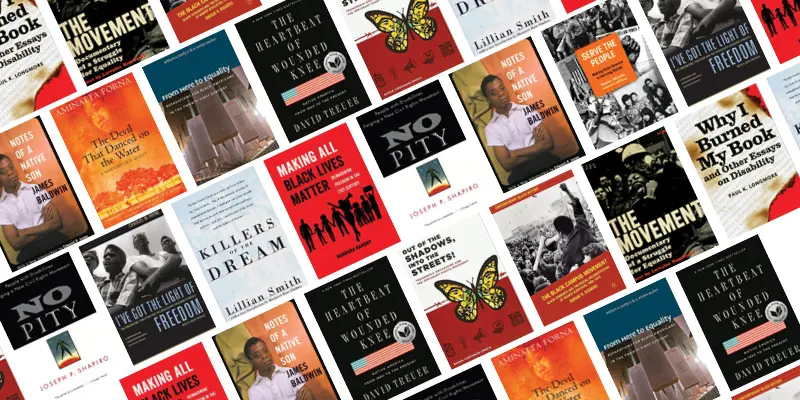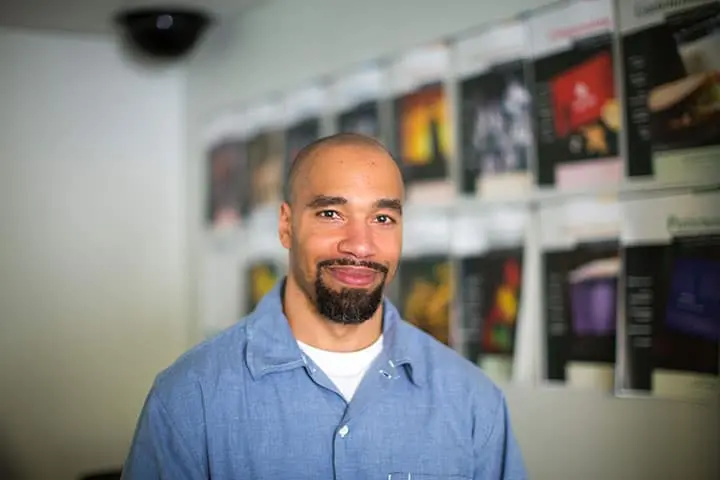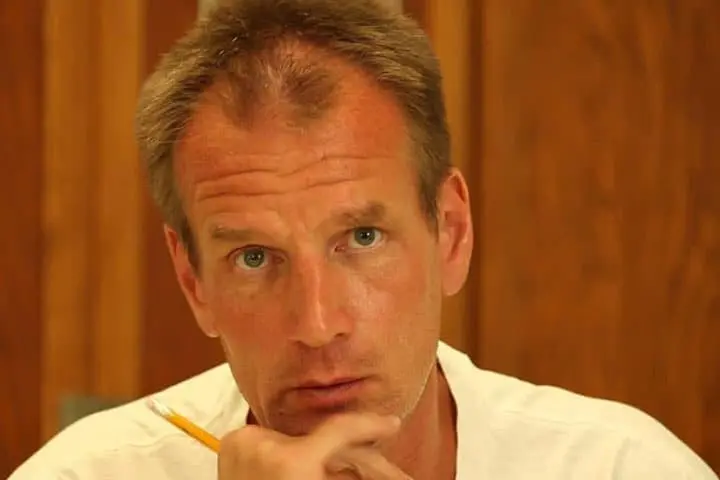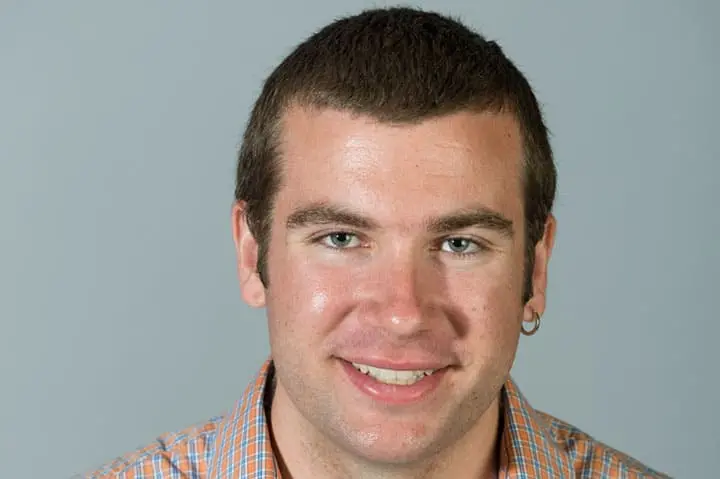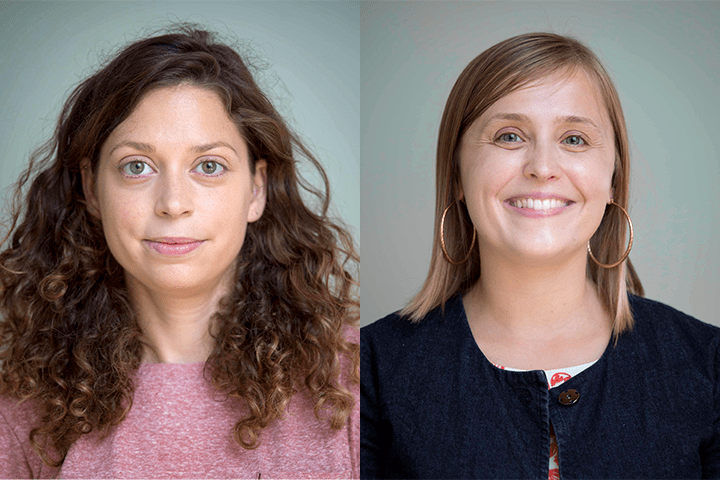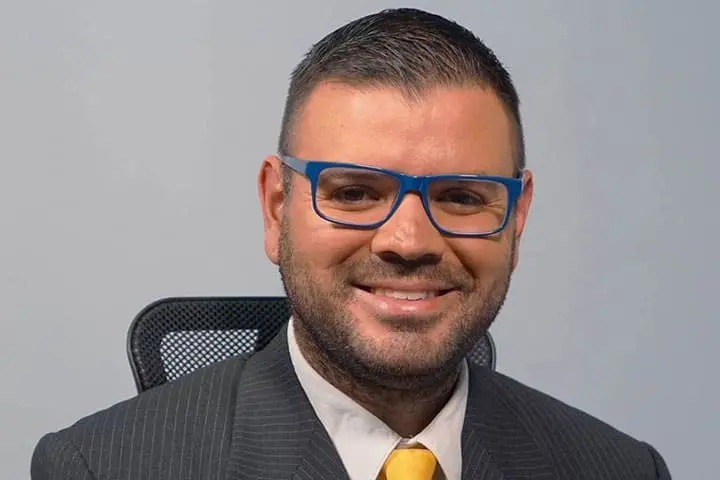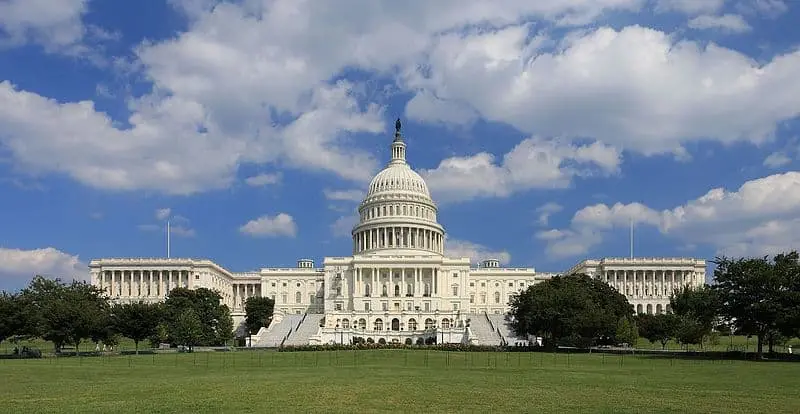
It can be difficult, finding Belarus’s most famous underground theater.
In October 2017, I visited Belarus just in time for the premier of a new play, Nobody Was Born Today, from the Belarus Free Theater.
The Belarus Free Theater is known for its honest artistic examination of pressing issues in Belarus such as social justice, societal taboos, and human rights abuses. The current government refuses to officially register theater, and the theater cannot possess any property or facilities, nor can they legally sell tickets. In 2011, the founders of the theater, Natalia Kolyada and Nikolai Khalezin, had to flee the Minsk—the capital of Belarus—as a result of the government’s crackdown on dissent. Today, there is a second, London-based branch of the group.
That October, I was given an address and a time: 8pm that night. When I arrived, there was no theater in sight. I waited, alone and in the dark for perhaps 15 minutes, knowing nothing about who I was to meet or what they would look like. Finally, I saw that a small group had gathered around a young woman wearing a backpack bigger than herself. The girl was quickly explaining something in Belarussian. I ran over to ask her, in Russian, in English, whether she knew anything about Belarus Free Theater. She told me to follow her.
We walked down narrow streets with no lights at all until we stopped in front of a garage that looked like, well, any other garage. A couple dozen people were already there, including a young woman holding flowers. I later learned that this was Olga Prusak, the playwright who wrote that evening’s show. Prusak had never studied as a playwright, but had by that point written several plays the BFT had performed.
We sat inside the garage in front of the “stage,” which was separated from the audience by a chalk outline. Lucky audience members sat on benches or pillows; others sat on the floor. The play started with an announcement from the director, Vladimir Shcherban, which he made via Skype. Like the founders of the theater, Scherban is in exile in London.
The play Nobody Was Born Today tells the story of three women who are each about to give birth. They are dreaming, and in their dreams we see their fears: what their child will look like, what these children will encounter in the future. The play references both EU-wide issues and domestic problems, including issues not commonly discussed within Belarus, such as the terrible conditions in which women have to give birth.
The 2010 crackdown that chased the BFT’s founders from the country came after the election, when long-serving President Alexander Lukashenko’s government cracked down on dissent in an attempt to shore up its own power. On August 9, people in Belarus will again take to the polls. The results are preordained. Lukashenko will most certainly win another term.
Belarus is often labeled the “last dictatorship in Europe.” To wit, earlier this year, a number of activists and writers were put on trial for participating in demonstrations calling for independence from Russia’s influence. Writer, historian, and cofounder of Belarusian PEN, Uladzimir Arlou; honorary chairman of Belarusian PEN and writer Uladzimir Niaklajeu; and literary scholar, linguist, translator, and honorary chairman of Belarusian PEN, Lavon Barsceuski were all convicted of participating in peaceful protests and forced to pay fines.
This model of governmental repression and control extends to the cultural sphere. The government supports official cultural programs that serve the ideological needs of the government. Organizations or cultural figures who do not demonstrate loyalty to the government are not only cut off from government grants, but it is widely believed that they can be placed on secret blacklists barring them from performing within the country. Essentially, the main venues for cultural expression in Belarus are all controlled by the state, and the state effectively blocks those who don’t demonstrate their political fealty.
As a result, in Belarus, a whole layer of alternative, vibrant cultural programming is left to fend for itself. A majority of the country’s population simply doesn’t know about the existence of this independent cultural scene, or its writers and artists.
Meanwhile, foreign support for the Belarusian cultural sector is deeply limited. Foreign partners, if they support civil society in Belarus, often support civil and political initiatives—well and good—but such an approach fails to acknowledge the lasting influence of cultural engagement. Without a cultural foundation, any political change will not endure. Art can open and change people’s minds in ways that make them think political change is possible. Art also helps to ensure whether political change reflects and is grounded at multiple levels of society.
Today, Belarus stands on the brink of another undemocratic election. The political landscape feels unlikely to change any time soon. But people will continue to gather in dark alleys to wait for performances by the Belarus Free Theater. Independent Belarusian writers will continue to raise important questions in their books that will likely never appear in bookstores. The honest stories these books and performances tell, and the conversations they generate, are vital not only to the country’s cultural life, but to the future of human rights and democracy in Belarus. The courageous Belarusian artists and writers who continue to tell those stories, and to speak the truth, must not be ignored.
Call to Action:
 Share this tweet and help raise international attention to the grave human rights violations in Belarus!
Share this tweet and help raise international attention to the grave human rights violations in Belarus!


